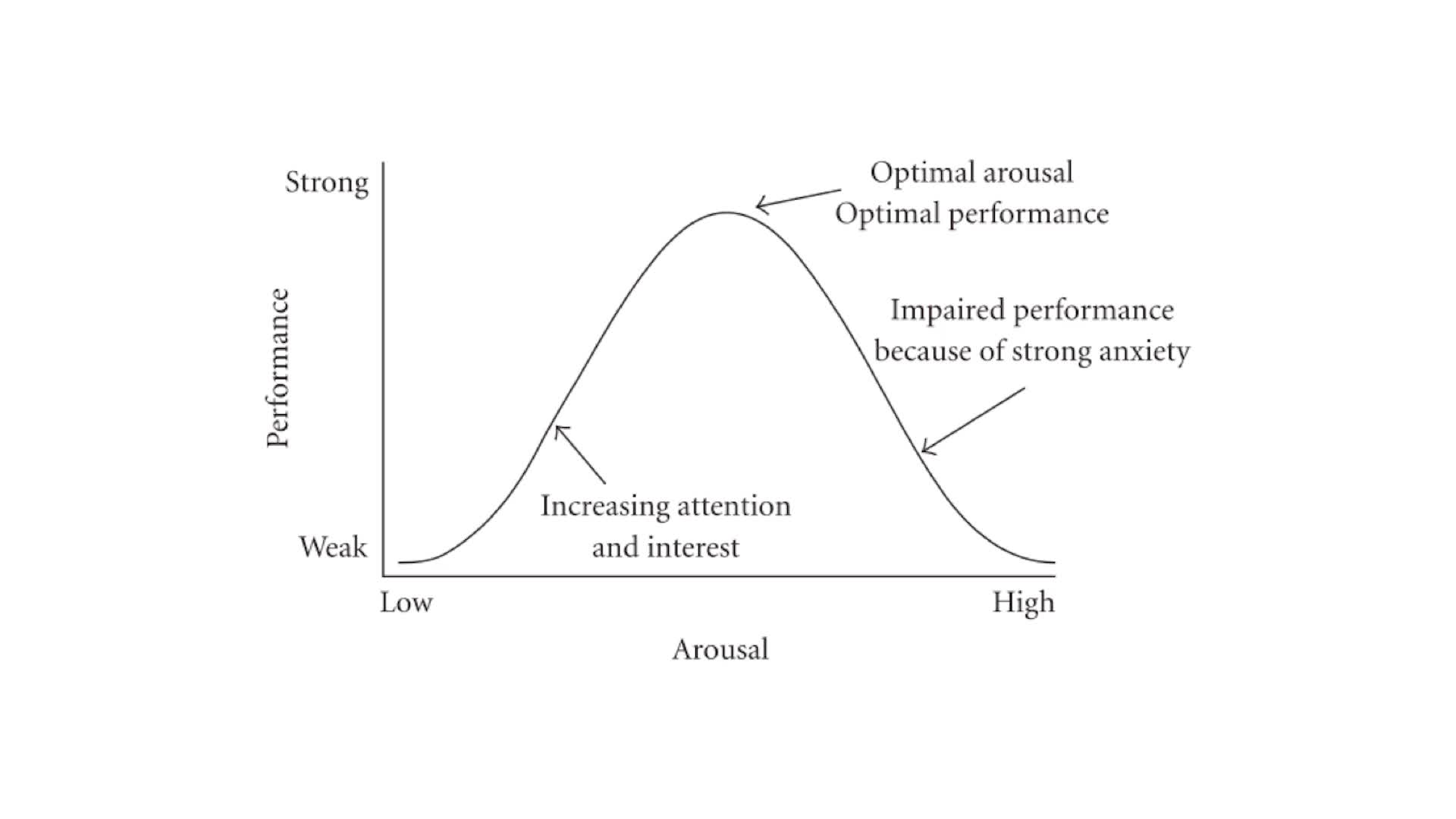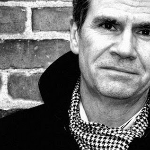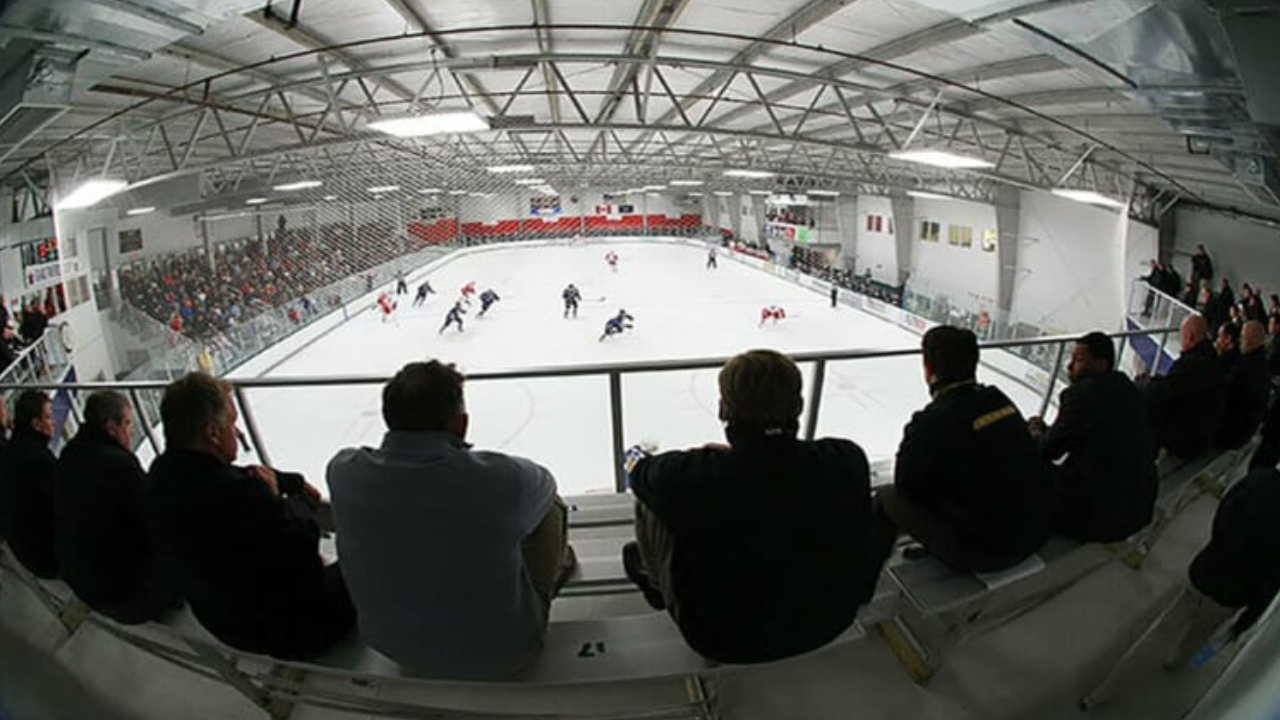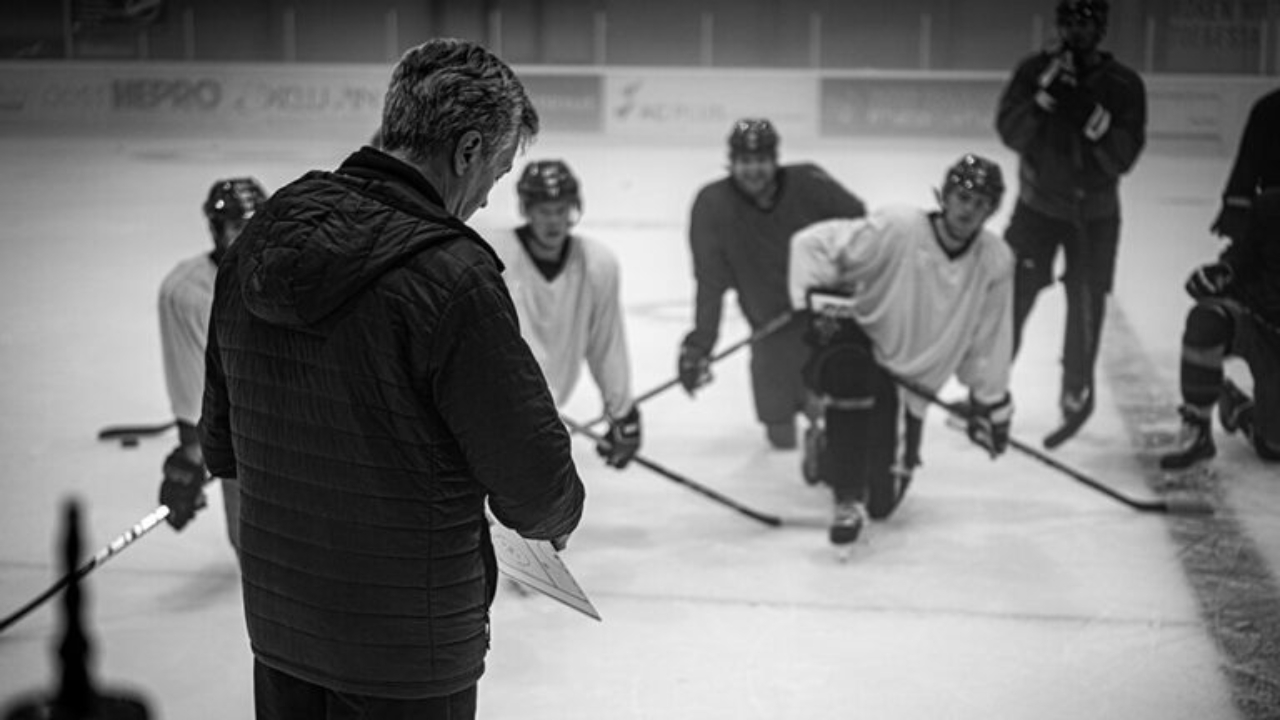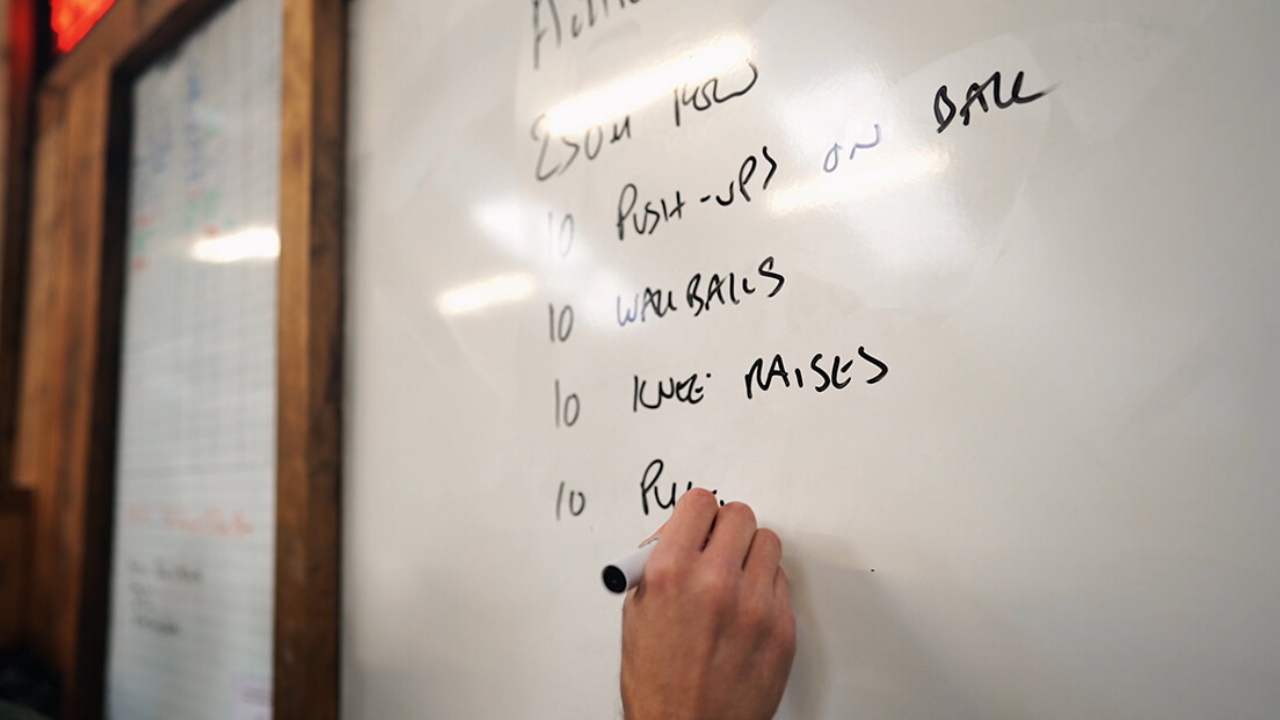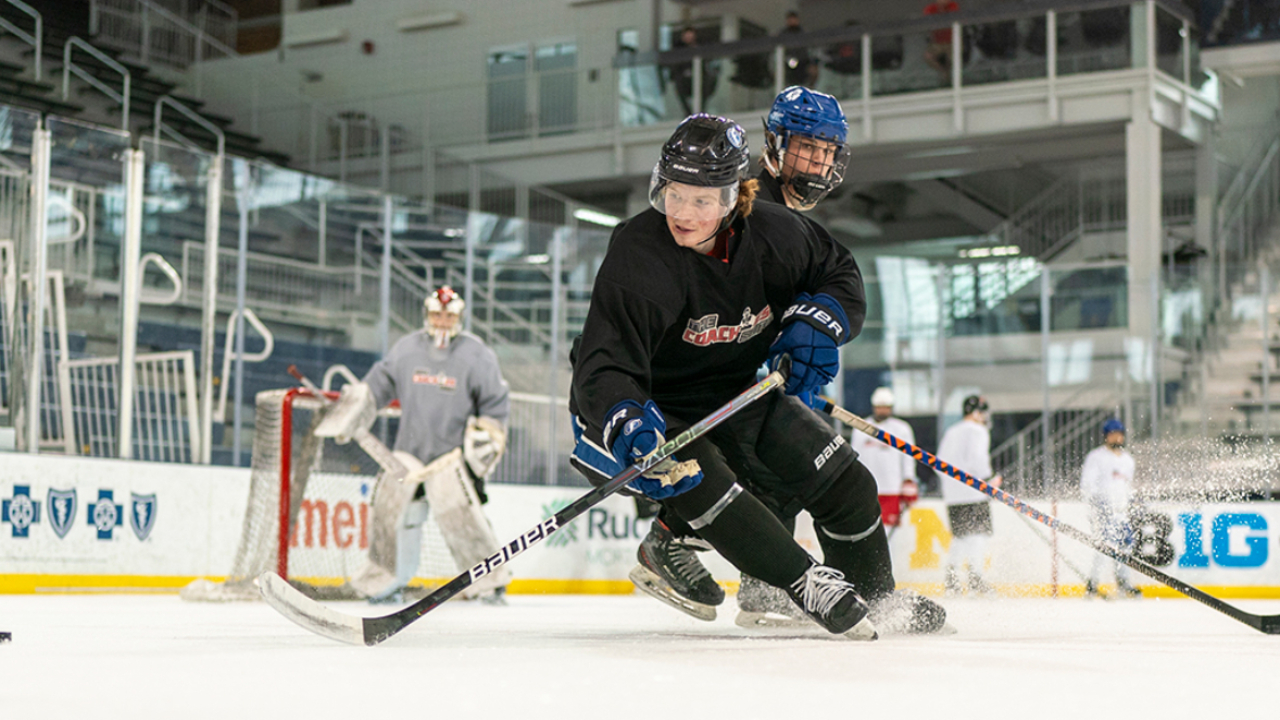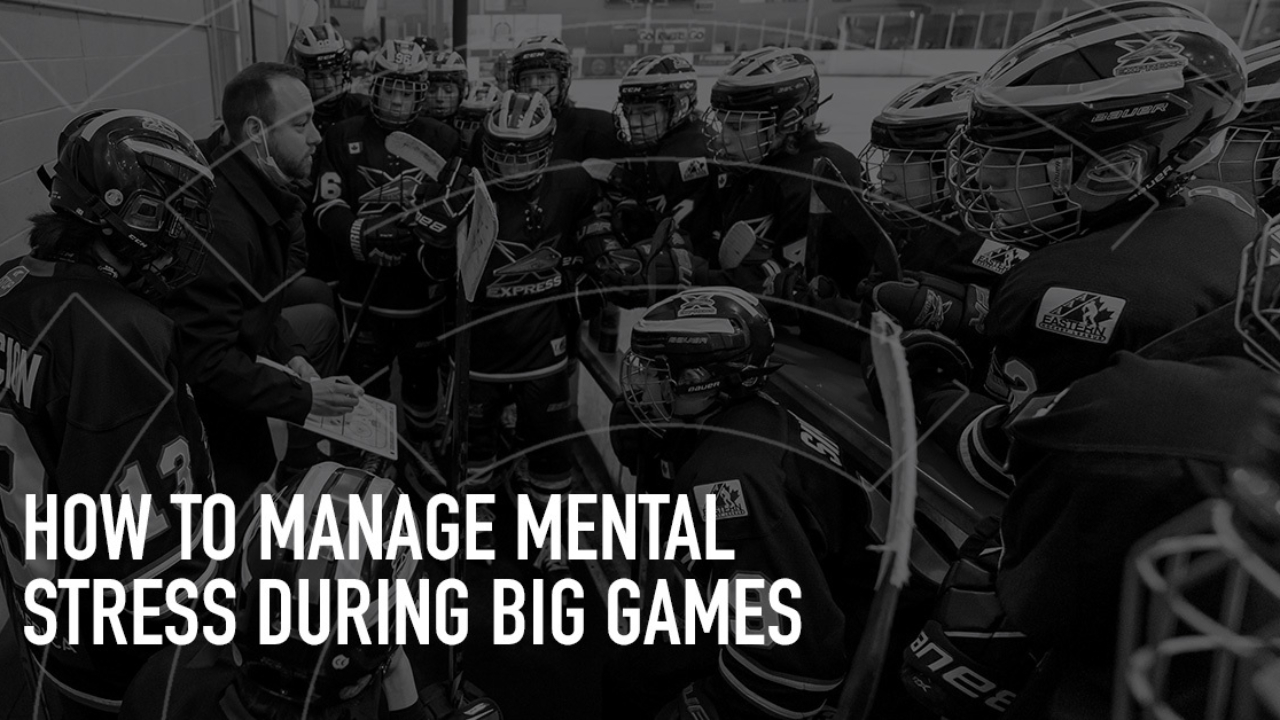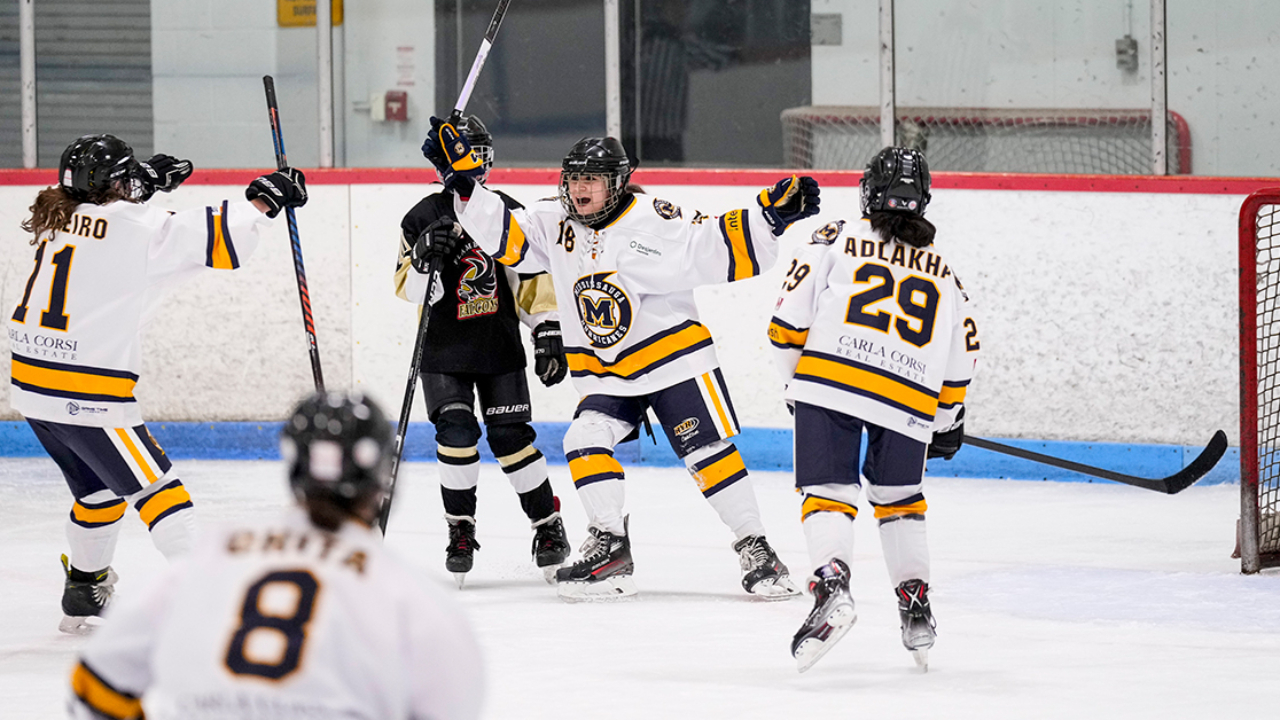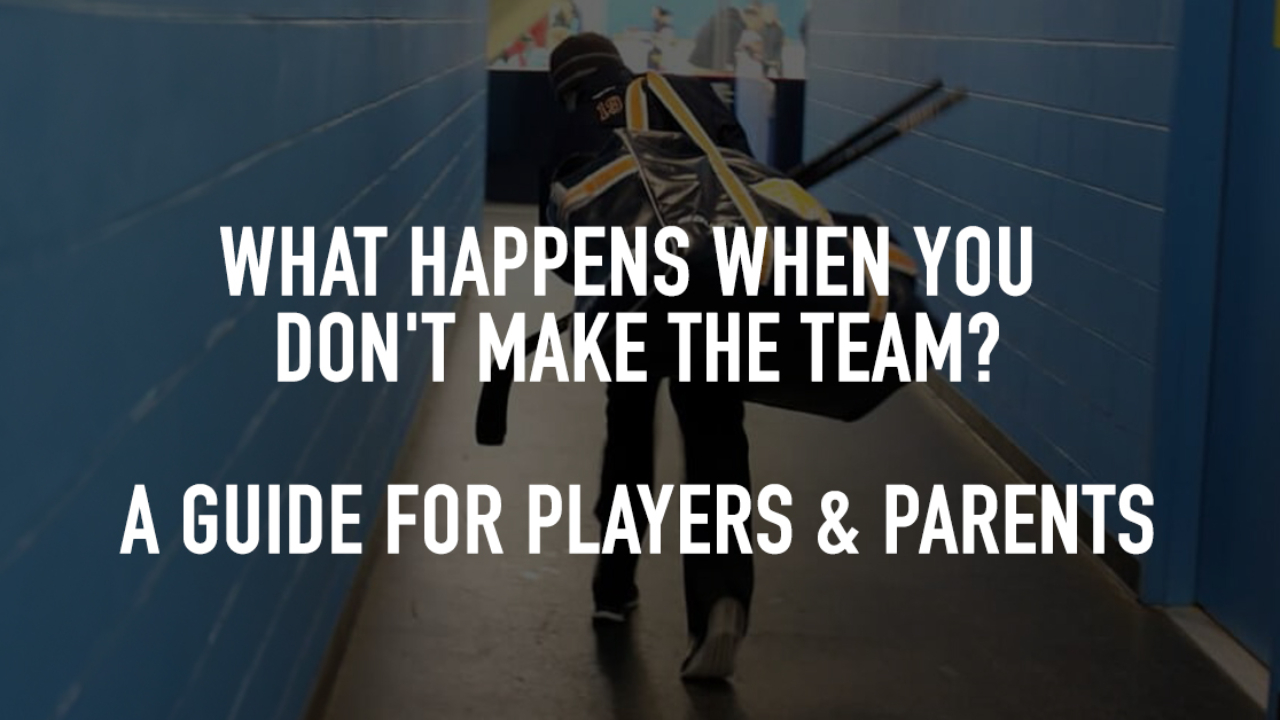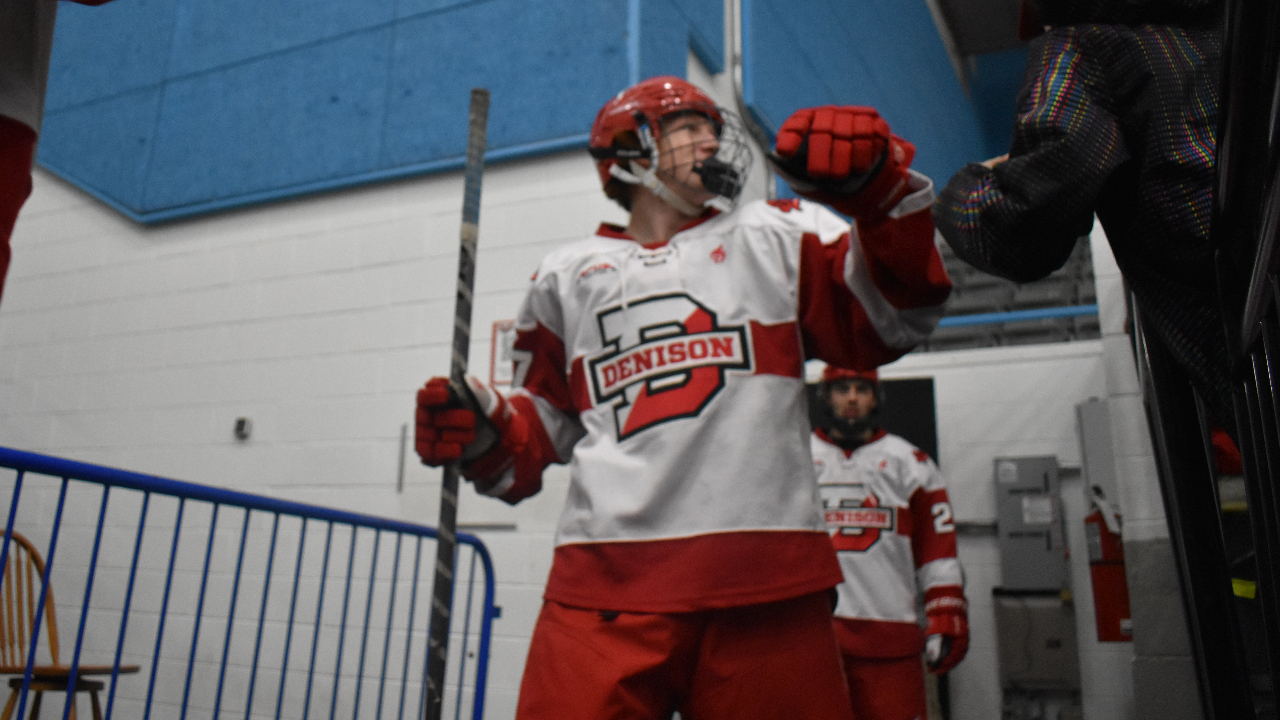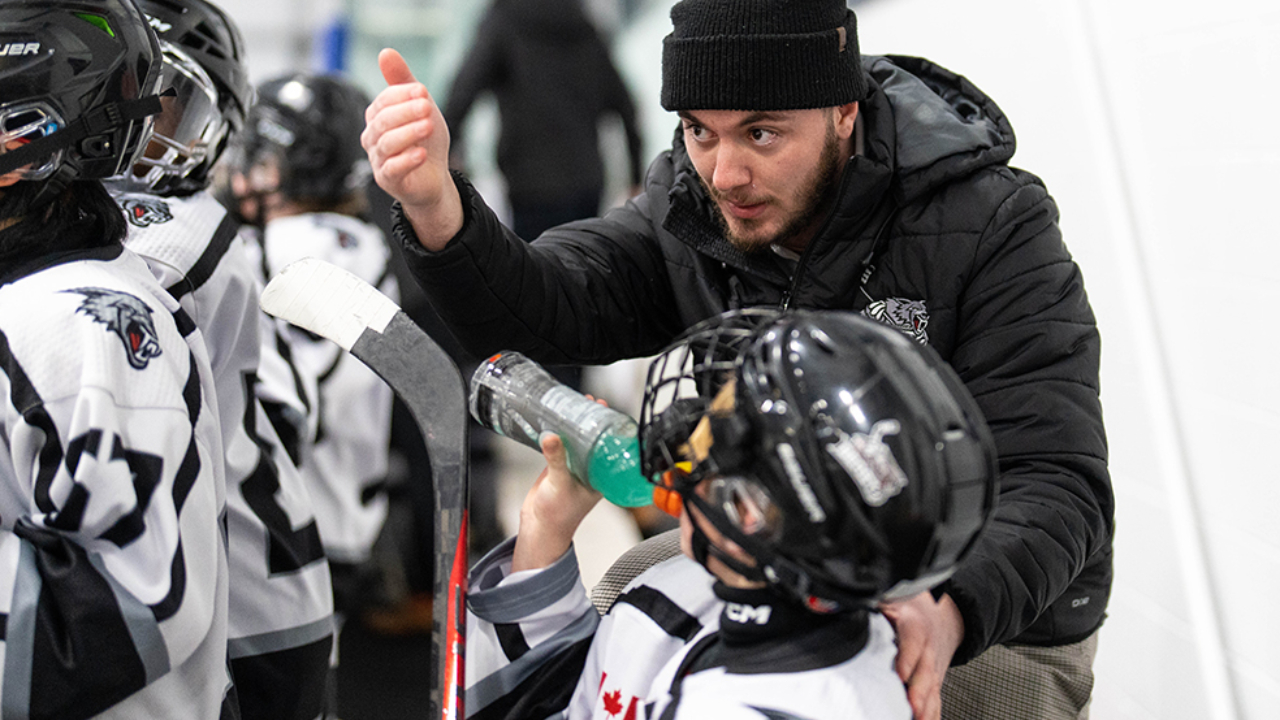
I hired my first coach at the age of 33. I was struggling in the sport of triathlon and my performance in the swim was holding me back to the point it caused me to DNF (did not finish) at my first Ironman attempt in St. George, Utah. After being pulled off the race course a little past halfway on the bike course, I knew right then something had to change.
The experience absolutely gutted me. I had trained so hard over the last couple of years by slowly increasing my race distances. I thought I had the physical stamina, speed, and mental toughness required to be a coveted Ironman. I quickly realized whatever I thought was required was simply not enough.
I was devastated.
It is in that moment I decided I needed help. All of these years of self-reliance was not enough to complete the demands of an Ironman. I needed more. I needed a coach.
Enter Andrew Dollar from FTP Coaching. Upon my return home to Nashville, within days, I had a lunch meeting scheduled with him. We talked shop, I shared my goals, and we developed a plan. Three months later I was crossing the finish line in Louisville, Kentucky - my very first Ironman.
Hockey is similar to the sport of triathlon. Granted, it is a team sport but it requires commitment, physical ability, and mental toughness like an Ironman competition. As a player, it is important to not only develop these qualities but also be coachable. Being coachable means being receptive to feedback with a willingness to learn and make adjustments.
Let's explore this further as we unpack five specific tips on how to be more coachable as a hockey player.
Listen More Than You Speak
God gave you two ears for a reason. If you are being coached, you need to listen more than speak. You can start with active listening, which means paying attention and acknowledging receipt of the wisdom and advice being shared. I will make this practical. If your coach says:
"I need you to visualize how you are going to play the corners for tomorrow night's game."
Repeat back that you heard the statement.
“Coach, I plan to visualize this evening how I can play the corners.”
That is active listening. First, it dials you in. Second, it helps you retain what is being taught.
Pay attention to what your coach is saying on and off the ice. Listen and ask questions. If something does not make sense, then seek clarity. Never be unsure or left in the dark.
Embrace a Growth Mindset
To be coachable you have to be willing to grow, try new techniques, and be receptive to different approaches to the game of hockey. It is critical to understand your coach has more experience and knowledge about the game and their instructions are meant to help you improve. If it helps, think of your coach as Yoda and you are Luke Skywalker. They are the person who has mastered the craft and have "been there, done that." You are the apprentice with all the talent but you just have not discovered your full potential. Trust him or her to show you the way by embracing their suggestions, and be willing to make changes to your game if it means becoming a better player.
Take Ownership
Before my days of entering the world of hockey, I use to be a professional presentation coach. I would always tell my clients everything surrounding a presentation was their fault. If their PowerPoint file gets corrupted, it is their fault. If their laptop dies, it is their fault. If the batteries in their clicker dies, it is their fault. Everything is their responsibility and the same is true with the game of hockey. Being coachable in this sport also means taking responsibility for your own development as a player. This includes practicing outside of team activities, watching game footage to analyze your strengths and weaknesses, and setting personal goals. By taking ownership of your development, you are showcasing to your coach you are committed to improving your game.
Receptive to Criticism
Looking back on my triathlon days, I remember being held accountable to my heart rate monitor where my coach could see the days I gave effort and the days I took short cuts. It was all in the data, and I had no where to hide when receiving negative feedback. We are all human and we all dislike constructive criticism. Look past it and realize the feedback you are receiving is to help you level up your game. Avoid becoming defensive, making excuses, or blaming others. Instead, look internally first, digest what is being provided, and improve. Constructive criticism does not exist to bring you down but to help you take a step forward.
Maximum Effort
Hockey requires one hundred percent effort every single practice and every single game. Each play, each shot, and each effort requires full committment. This means arriving on time, putting in your best effort during drills and scrimmages, and being a positive influence for your teammates when hitting the ice. Your teammates are watching. The other team is watching. Your coach is watching. Exert maximum effort all the time to set a positive example for you and everyone else.
Final Thoughts
Being coachable as a hockey player is crucial for your personal and athletic development. By listening more, embracing a growth mindset, taking ownership, being receptive to criticism, and always pursuing maximum effort, you will become a more coachable player and a valuable asset to your team.

